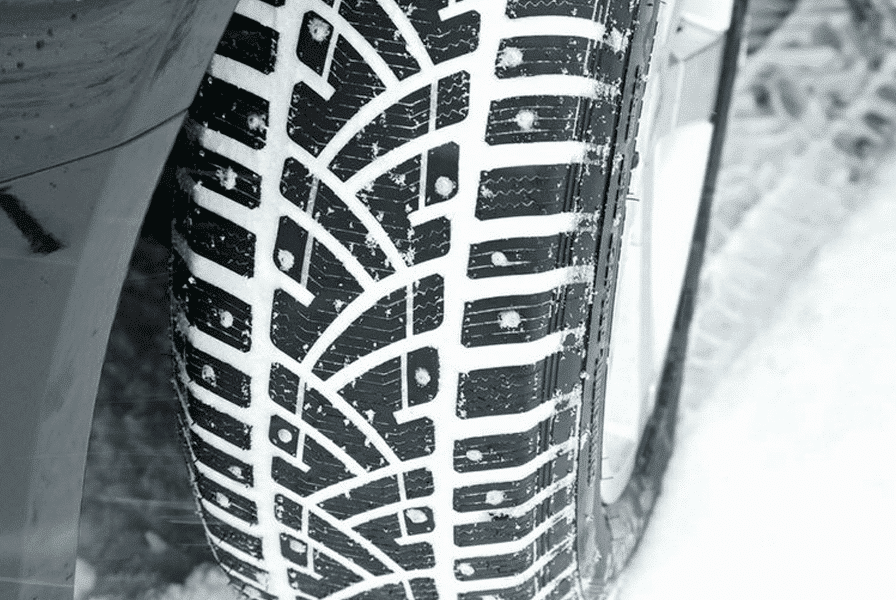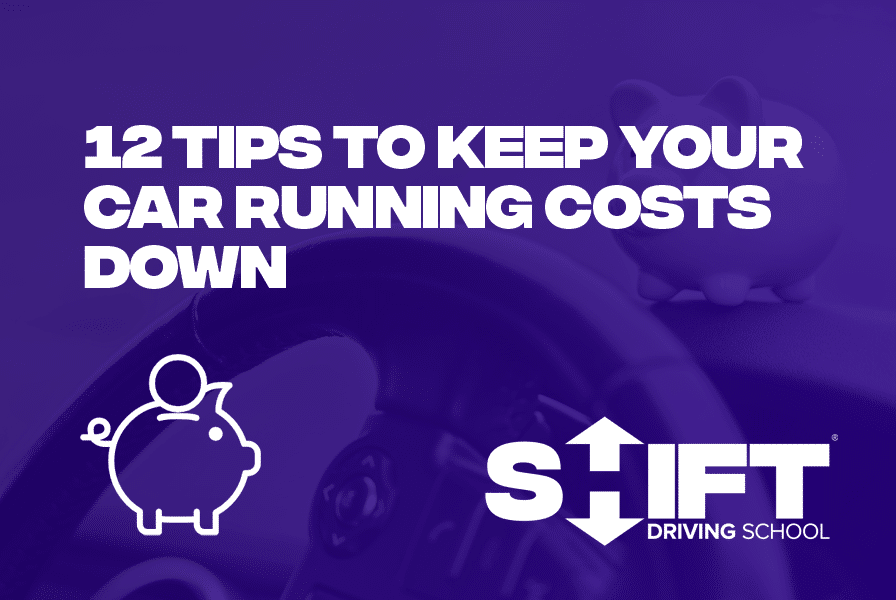Hey there, future road conqueror! As a learner driver, you’ve got a world of cars at your fingertips, offering a bunch of choices and decisions to make. From picking the perfect driving instructor to mastering those road rules, the journey to getting your license is an exhilarating ride. But now, it’s time for a big decision: petrol or diesel? In this article, we’re diving into the differences between these fuel options, giving you all the juicy details you need to make the right choice for your first car. So buckle up, and let’s hit the road to knowledge!
The Sciency Bit…
If you’re not the sciency type, just scroll on!
Petrol engines are all about setting things on fire (in a controlled way, of course!). They mix air and petrol, then spark it up with a spark plug. Boom! This explosion pushes the pistons down, turning the crankshaft, and unleashing some serious power. Petrol is like a firecracker—eager to burn and ready to go! That’s why petrol engines give you that zippy acceleration and quick response. It’s like having a tiny explosion party under your hood!
Now, let’s talk diesel engines—they’ve got a different vibe. Forget sparks, they rely on pressure. Diesel engines squeeze the air in the cylinder until it’s super hot and compressed. Then, when fuel (good ol’ diesel) gets injected, it ignites on its own. No spark needed! This fiery combustion pushes the piston down, turning the crankshaft, and voila! Power unleashed! Diesel fuel is like the Hulk—it’s denser and packs a bigger punch. That’s why diesel engines rock at torque and can handle heavy-duty tasks like towing.
In a nutshell, petrol engines rely on sparks to light the fuel-air mix, while diesel engines use compression to ignite the fuel. Each has its own unique science, creating different vibes and performances on the road. It’s like a fiery dance of explosions happening inside your engine, propelling you forward and making you feel alive!
Now that you’re armed with the basics of engine science, you can make a smart choice when it’s time to pick between petrol and diesel for your first car. So let the science fuel your decision-making and get ready for an adrenaline-pumping ride! Vroom vroom!
Fuel Efficiency
Alright, let’s talk fuel efficiency! When it comes to squeezing out every drop of fuel, diesel engines have the upper hand. They’re the efficiency champs, giving you more miles per gallon. Why? Because diesel fuel packs more energy punch per unit volume compared to petrol. So, if you’re the kind of driver who loves long road trips, a diesel car can be a money-saver. But hold on, don’t dismiss petrol just yet! Petrol cars can still give you decent fuel efficiency, especially for those quick city drives. At the end of the day, it all boils down to your driving style and the adventures you have in mind. Choose wisely, my friend!
Maintenance
Alright, let’s talk maintenance! Petrol cars generally have lower maintenance costs compared to diesel cars. Petrol engines are simpler and have fewer components, making them easier and more affordable to service and repair. Diesel engines may require more specialized maintenance and can come with higher replacement costs for certain components. However, regardless of the fuel type, regular maintenance like oil changes and inspections is crucial for keeping your car in good shape and avoiding unexpected repairs. Just make sure to find a trusted mechanic familiar with your chosen fuel type. Take care of your car, and it will take care of you on the road!
Diesel Particulate Filters
So… Diesel Particulate Filters, aka DPFs! They’re like superheroes for reducing emissions in diesel cars. DPFs trap and store soot from the engine, making the air cleaner and greener.
Here’s the deal: DPFs need regular TLC. They have a cleaning process called regeneration that burns off the trapped soot. But here’s the catch—short trips and low temperatures can mess with the regeneration process, causing blockages.
To keep your DPF happy, follow the manufacturer’s guidelines. Take your diesel car for longer drives to let it do its thing. Stick to the right fuel and stay on top of maintenance.
Remember, a healthy DPF means cleaner air for all of us. So, give your DPF some love, and let it keep your diesel car eco-friendly and awesome!
The Environment and Emissions
Let’s talk emissions and the environment, eco-warriors! When it comes to being green, there are some differences between petrol and diesel cars. Petrol engines tend to produce more carbon dioxide (CO2), which contributes to climate change. On the flip side, diesel engines can emit higher levels of nitrogen oxides (NOx) and particulate matter, which can be bad for air quality.
But hold on! Don’t panic just yet. Both petrol and diesel engines have come a long way in reducing their environmental impact. Modern diesel vehicles have advanced emission control technologies to tackle those pesky NOx and particulate matter. And petrol engines have also made strides in improving fuel efficiency to reduce CO2 emissions.
When it comes to being eco-friendly, it’s not just about the type of fuel—it’s about fuel consumption, driving habits, and vehicle maintenance too. So, whether you go for petrol or diesel, make sure to drive responsibly and keep that carbon footprint in check. Together, we can all make a difference for our planet!
Penalties
When it comes to emissions in city centres, there are some strict rules and regulations in place. If your vehicle doesn’t meet the required emission standards, you might face some consequences. These can range from fines and penalties to restricted access or even bans from entering certain areas. Yep, they mean business!
Cities around the world are taking steps to improve air quality, and that means cracking down on polluting vehicles. Take Newcastle and Gateshead for example with their new Clean Air Zone.
So, if your car is emitting more pollutants than allowed, be prepared for potential fines that could hit your wallet hard. Additionally, you might face limitations on where you can drive or park, especially in designated low-emission zones.
Diesel Pros & Cons
Petrol Pros & Cons
Decision Time
So, at the end of the day, it’s decision time: diesel or petrol? Take a moment to consider what floats your driving boat. Diesel gives you better mileage, more towing power, and the ruggedness to go the distance. But it comes with a heftier price tag and emissions that might raise eyebrows. On the other hand, petrol engines offer zippy acceleration, lower upfront costs, and the convenience of more fuel stations. But they’re not as fuel-efficient and might need more TLC.
Think about your driving style, your budget, and what matters most to you. It’s like picking the perfect pair of shoes—they need to fit just right. So, weigh those pros and cons, rev up your decision-making engine, and hit the road with confidence in the fuel type that suits you best. Remember, it’s all about finding that sweet spot where your driving pleasure meets your practical needs. Happy motoring!










